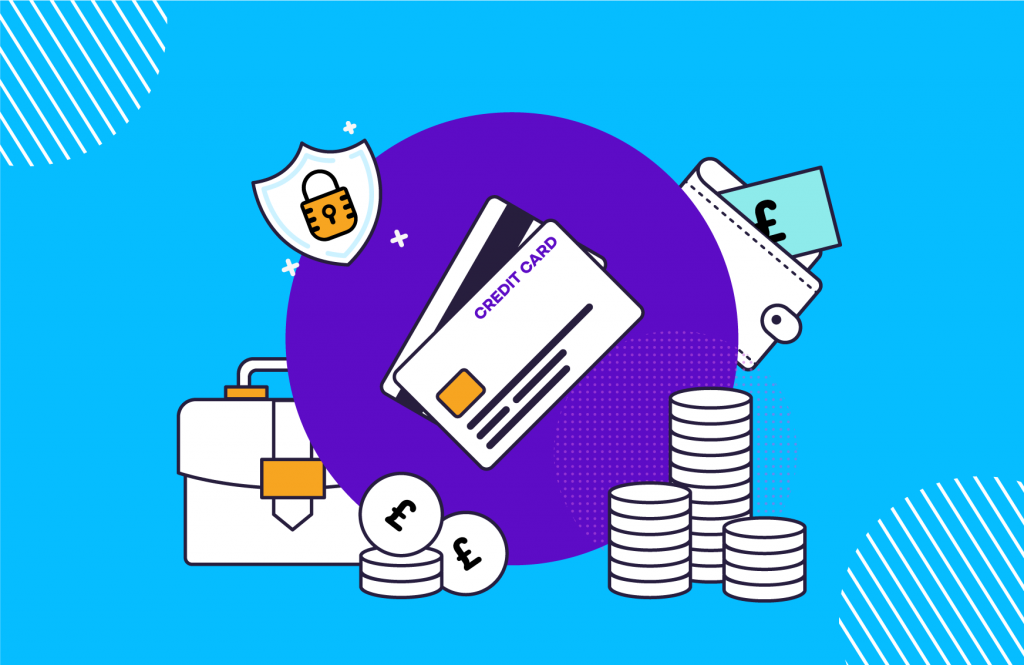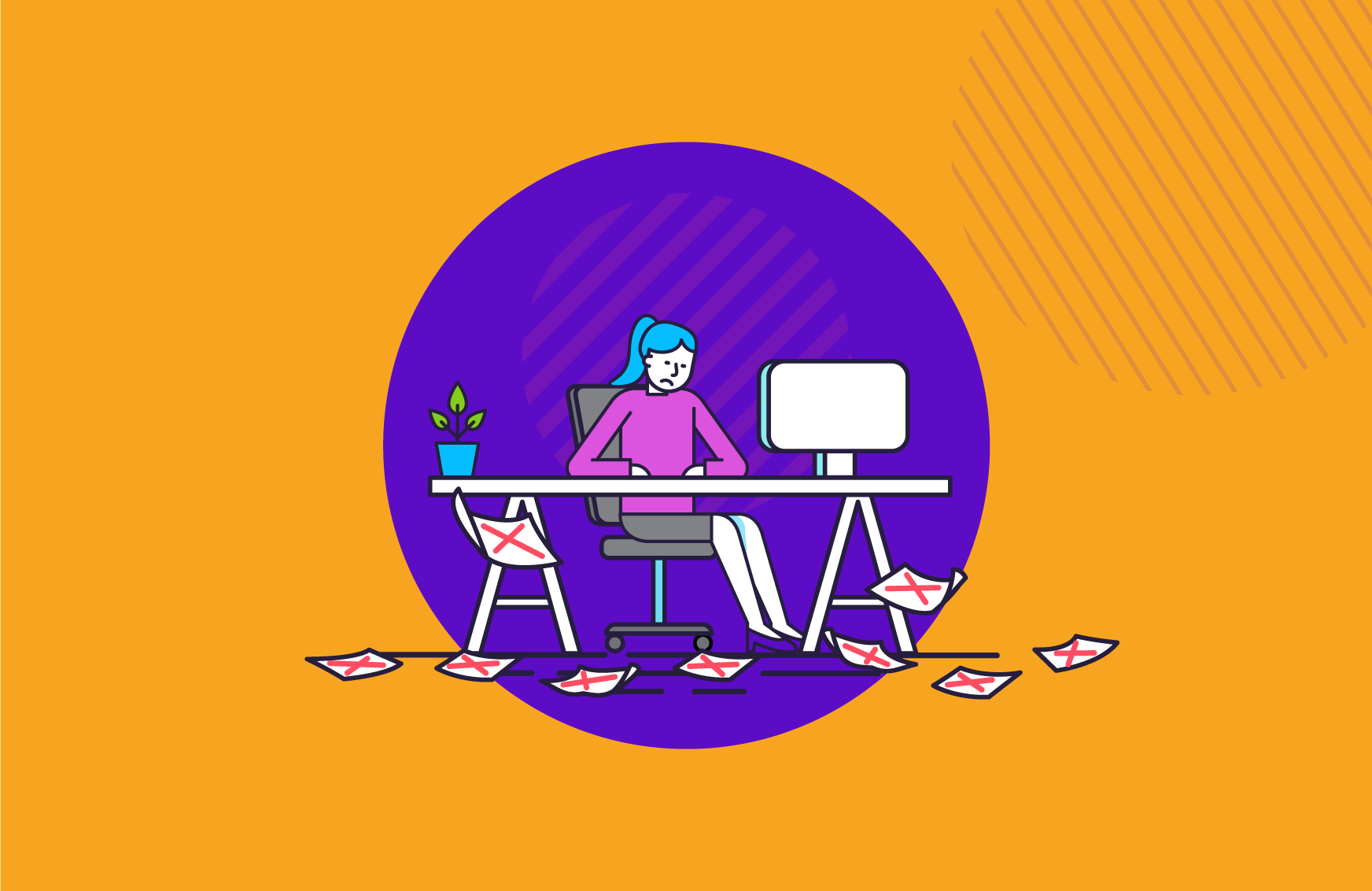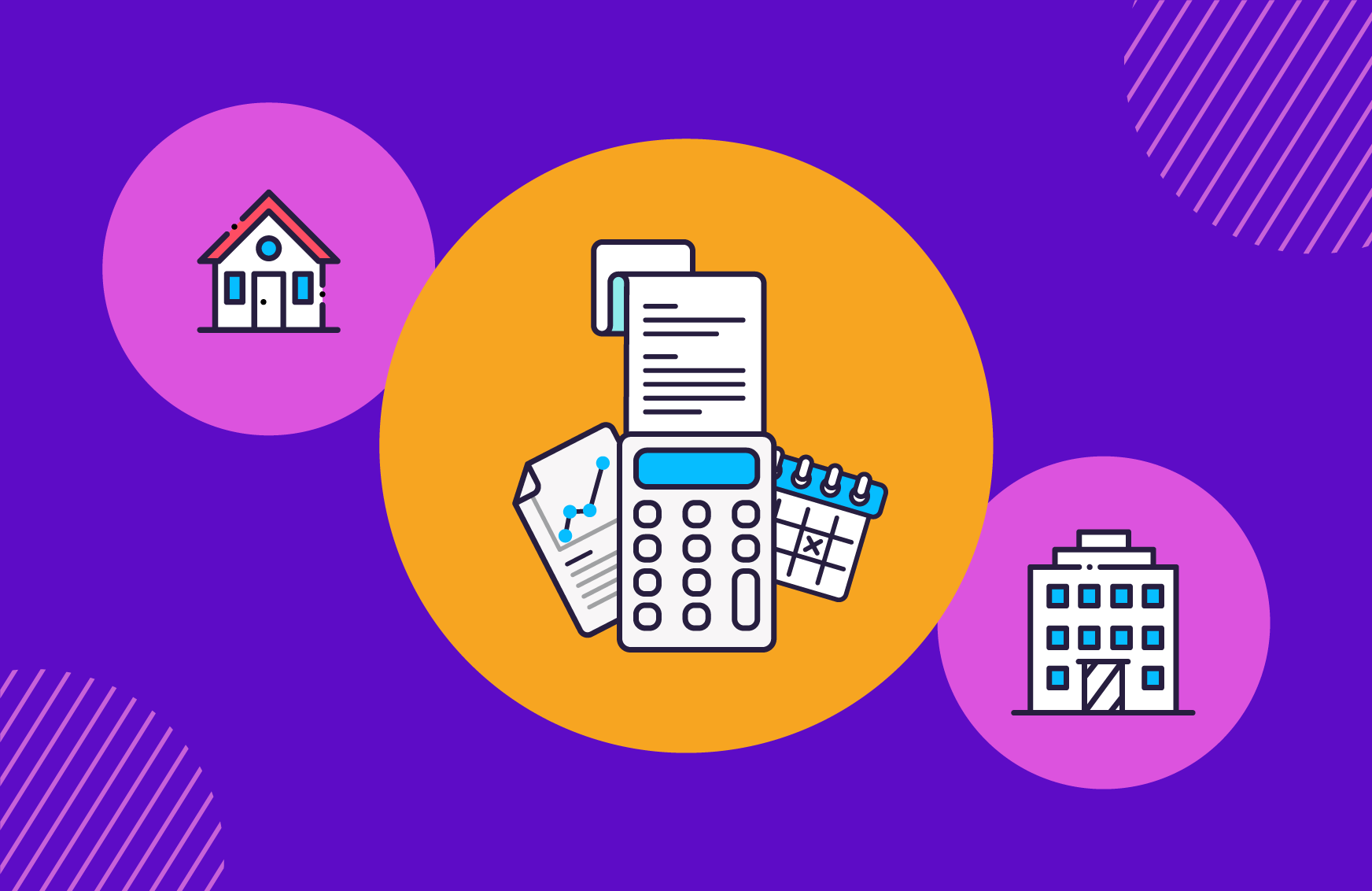How to protect your self-employed income
2020 was very up and down for the self-employed. Depending on your niche you might have had the rug pulled out from under your business, or freelancing could have been a really important lifeline. Either way, the thought of protecting your freelance income has probably become much more important.
Is it even possible to protect your income as a freelancer or self-employed person? Yes it is! Nothing is guaranteed and - clearly - events can take us all very much by surprise. However, there are steps you can take to make sure you're doing everything you can to keep cash flowing into your business if the worst happens.

Get some freelancer insurance
A lot of the things that are guaranteed for employees are not possible for freelancers. You probably already know that all too well when you're trying to take time off...
Freelancer insurance is there if you can't work for a while, whether that's because of illness, bereavement, or something else not very nice. Policies and costs differ quite a bit but do the research now and you'll have a massive extra slice of peace of mind.
Extra tip! You can also get professional indemnity insurance, which protects you from legal action if a client experiences financial loss.
Have a reliable backup system for your work
This is something so many of us forget about and the consequences are pretty dreadful. Loss doesn't always have to be financial. Losing your work is potentially just as damaging and can translate into financial loss.
You should backup all your freelance work and resources on a cloud service and a physical drive. This protects you if one goes down. Cloud backups in can be automatic and effortless so you don't even have to think about it.
Set it up! Set it up today!

Have contracts with your clients
Larger businesses always have contracts with their clients and customers, whether it's a tiny purchase or a long-term month-on-month service. Freelancers should consider it too.
Your contract can make it clear what you do, what the client can expect, and what they need to do in return. It's particularly important for payment and any disputes that might come your way.
A contract isn't failsafe but it will back you up when payment is late or non-existent, or there's some kind of dispute or problem. Without it, you're on your own.
Know when/how to take action against late and non payers
As well as having a contract in place, it's really important to be armed with information about your rights as a freelancer. Your contract should outline your payment terms including when payments are due, any late fees, and what the debt collection process will be if your client doesn't pay.
You should also keep a close eye on payment due dates. Solna will schedule automatic payment reminders on your invoices so you never have to chase manually.
Finally, check gov.uk for advice on late payment legislation.

Protect your invoices FREE with Solna
Solna invoices include automatic reminders to give late payers a nudge, an intuitive dashboard to help you keep track of cash, and an easy pay-in-the-invoice button for your clients.
Plus, it's FREE. Sign up now.








